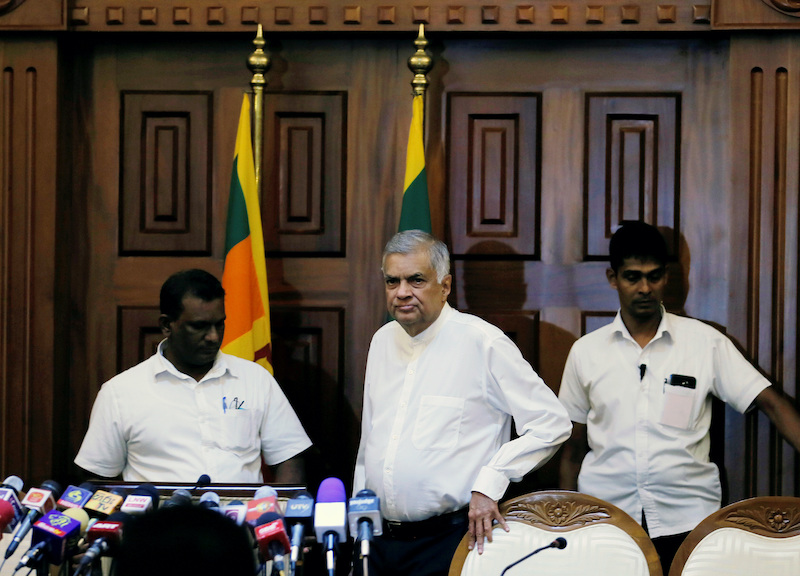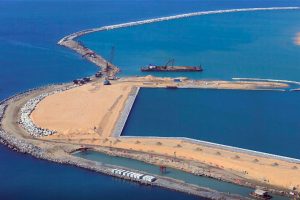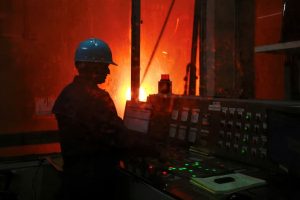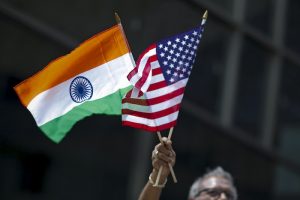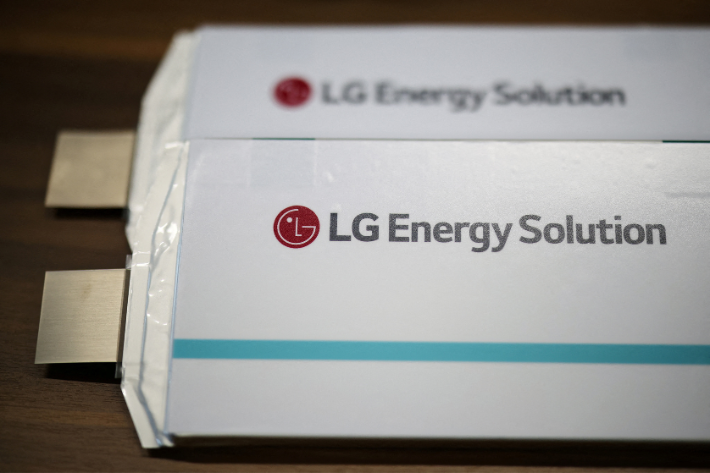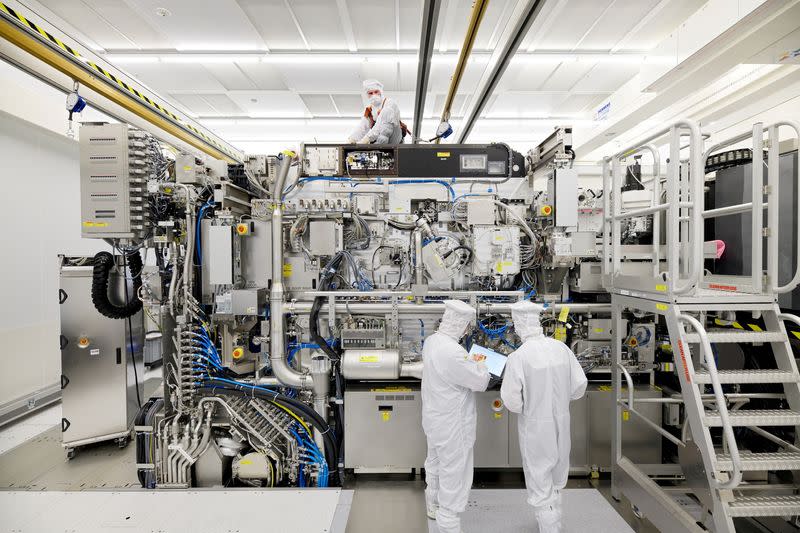Ranil Wickremesinghe won a vote in Parliament on Wednesday to become Sri Lanka’s new president, although whether he sees out his term until 2024 is an open question.
Wickremesinghe, 73, was prime minister from 2018-19 and had been acting president since last Friday, after former president Gotabaya Rajapaksa was forced to flee following a prolonged campaign by protesters who blamed him and his family for the country’s appalling economic collapse.
Many protesters, who have been struggling with months-long shortages of food, fuel and power, were also hoping for Wickremesinghe to be dumped, as he was seen by many as too close to the former regime. But for some, the departure of the Rajapaksas, a powerful clan who dominated politics in the South Asian country for the last two decades, was their main goal.
The initial reaction from protesters on Wickremesinghe becoming president was mixed and subdued, while members of parliament said the key thing for the country was getting the economy back on track as quickly as possible.
One positive was remarks from IMF managing director Kristalina Georgieva, who said the International Monetary Fund hopes to complete rescue talks with Sri Lanka “as quickly as possible”.
Speaking with Nikkei Asia in Tokyo, Georgieva said the fund was “very deeply concerned about the well-being of the people in Sri Lanka”, given the severe shortages of fuel, food and other essentials after its foreign reserves dried up.
ALSO SEE: Sri Lanka President Flees, Protesters Storm PM’s Office
India ‘Keen to Provide More Help’
Meanwhile, India’s top envoy said they were willing to make more investments in the troubled island nation. New Delhi’s representative told The Indian Express newspaper that more investment would help create medium-term and long-term capacity.
“The idea is to respond to Sri Lanka’s requests for enabling them to meet their foreign exchange crisis,” Gopal Baglay, India’s high commissioner in Sri Lanka, said.
Wickremesinghe was the top contender for the presidential post given that his main rival, ruling-party lawmaker Dullas Alahapperuma, a former journalist popular with the protesters and the opposition, has little top-level governance experience.
And the third candidate, Anura Kumara Dissanayaka, leader of the leftist Janatha Vimukti Peramuna party, commanded only three seats in parliament and had no realistic chance of winning.
Chau Chanana, a market strategist with Saxo Capital Markets, expected that the market reaction to Wickremesinghe becoming president “would likely be cautious because consumer sentiment has been so strongly negative that any potential leader is unlikely to be able to turn that around very quickly”.
The president would have to make credible policy decisions that supported consumers, Chanana said, while also making moves to “bring the economy out of this mess at the same time”.
“That’s a tough thing to handle, you can’t have a huge amount of subsidy or support for consumers and still manage to bring the economy out of those debt and fiscal issues, but to be able to strike the right balance between these two is going to be key for Wickremesinghe,” he said.
“[But] I do think we are past the worst because we have leaders stepping in now, but also globally, there will be more aid for Sri Lanka, including the IMF stepping up their responses.”
- Reuters, with additional editing by George Russell and Jim Pollard
Note: This report was updated on July 20, 2022 after news emerged that Wickremesinghe had become Sri Lanka’s new president.




